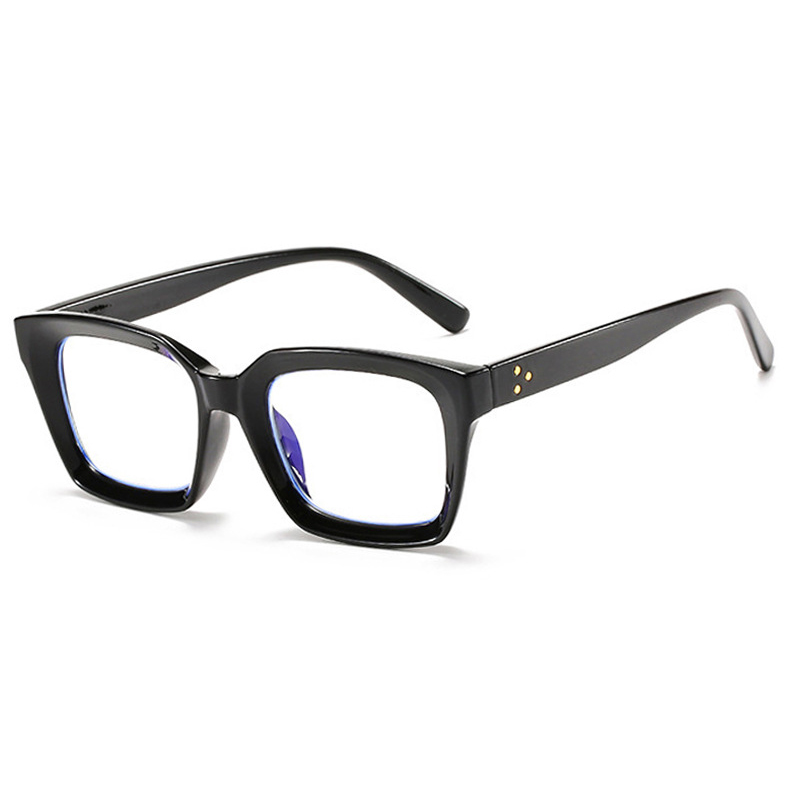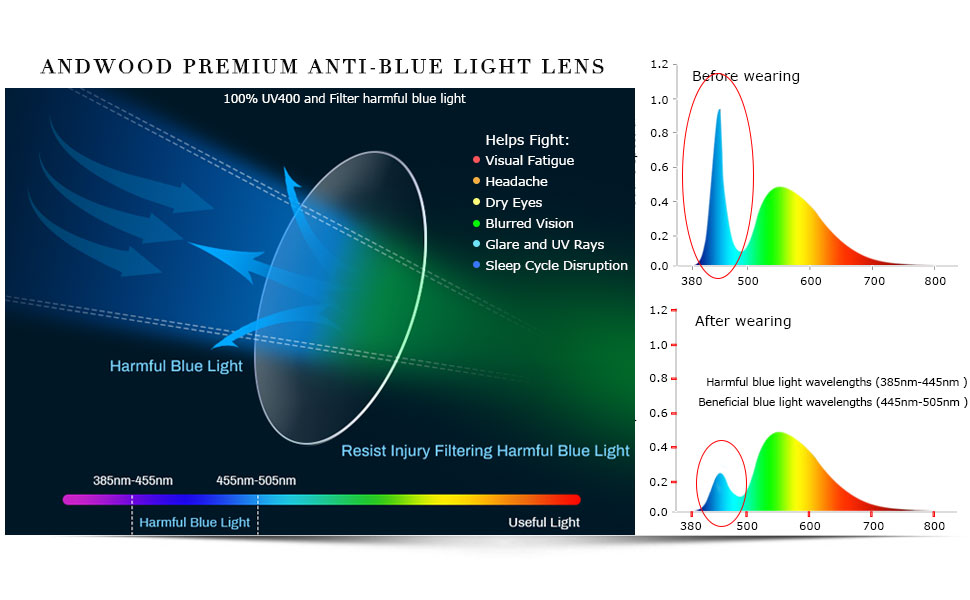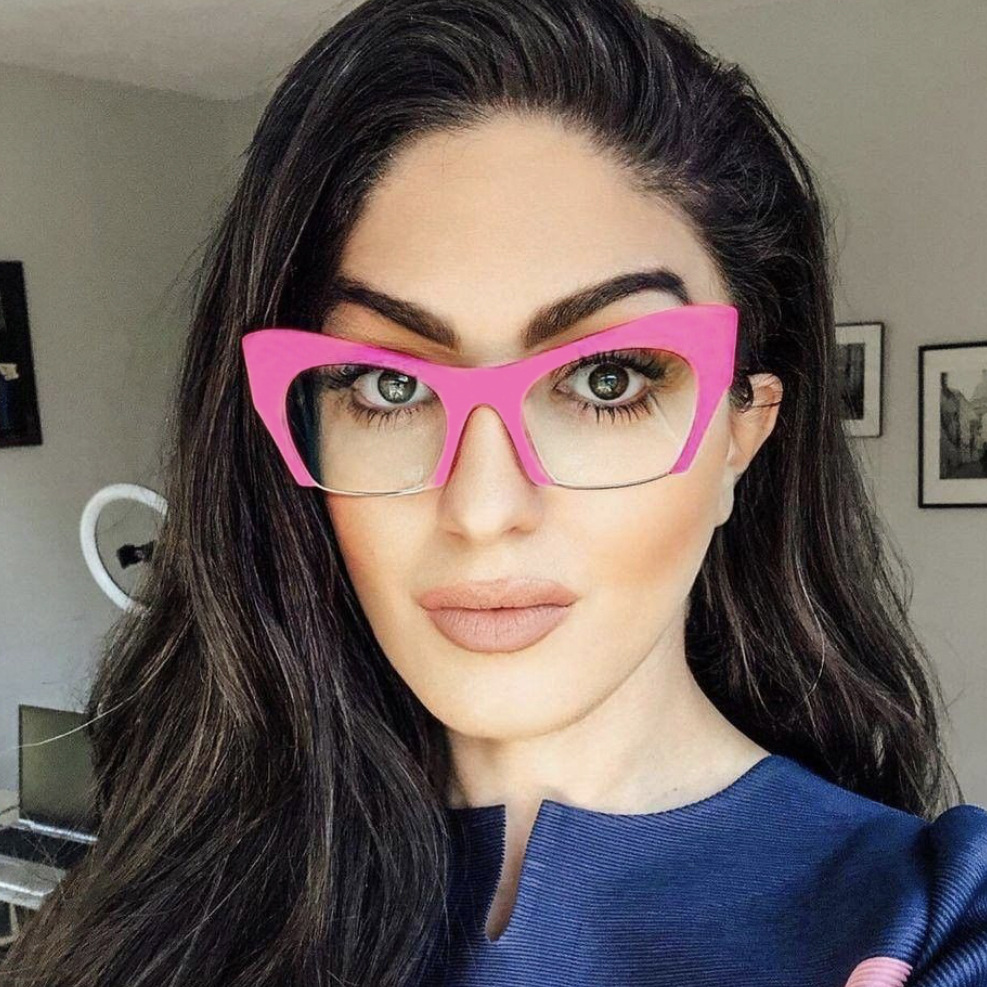If you work on a computer, you probably need a pair. Here’s how to pick the right one.
It’s everywhere. At your 9-to-5 job, on the train, in the bathroom, even in your bed as you’re trying to fall asleep. If you’re reading this, it’s right in your face — blue light. Ever since we’ve been able to tap away at a computer screen we’ve been faced with an unnatural amount of blue light.
What Is Blue Light?
Not all light is created equal. Blue light tells our brain it is daytime. When the sun is out and a clear blue sky is overhead, our brains tell our bodies that we should be awake. The blue light wavelengths have been shown to increase our attention and reaction time while also lifting our moods. https://www.dlsunglasses.com/anti-blue-light-glasses/
Many of our electronic devices emit this same light. Our laptops, our phones, our tablets all fire incognito caffeine waves into our eyes via blue light. This can be an issue at night, when drifting off to sleep staring into our devices, because it inhibits our body’s natural ability to wind down. We produce less melatonin and end up staying awake longer — even if we feel drowsy.
Why Is It Bad?
Overexposure to blue light disrupts our circadian rhythms, increasing the likelihood of some major health problems, including diabetes, depression, and more. Most importantly, blue light has been shown to have a more profound effect on our melatonin secretion than other wavelengths of light. So while turning on a desk lamp can affect your circadian rhythm, blue light in particular can alter your circadian rhythm by as much as two times.
But blue light also affects our eyes. According to The Ohio State University Wexner School of Medicine, “There are concerns that it can cause cumulative damage over a long period of time as it travels through the cornea and lens to the retina… Damage to the retina can cause vision problems, For example, age-related macular degeneration can lead to permanent vision loss. Up to 9% of people develop macular degeneration, which is the most common cause of adult blindness in the Western world.
How Do You Block It?
Aside from making sure to put away your electronics two to three hours before bed and use more red light in your home (which has less effect on melatonin secretion), a good way to avoid blue light oversaturation is to wear blue light-blocking glasses. While the red light is helpful, not everyone appreciates its beauty. Also, if you’re like many modern workers, you probably have to use your device a lot (aka all day). Glasses made specifically to block blue light can help you keep your body on track and avoid future health complications.
Post time: Aug-24-2022



